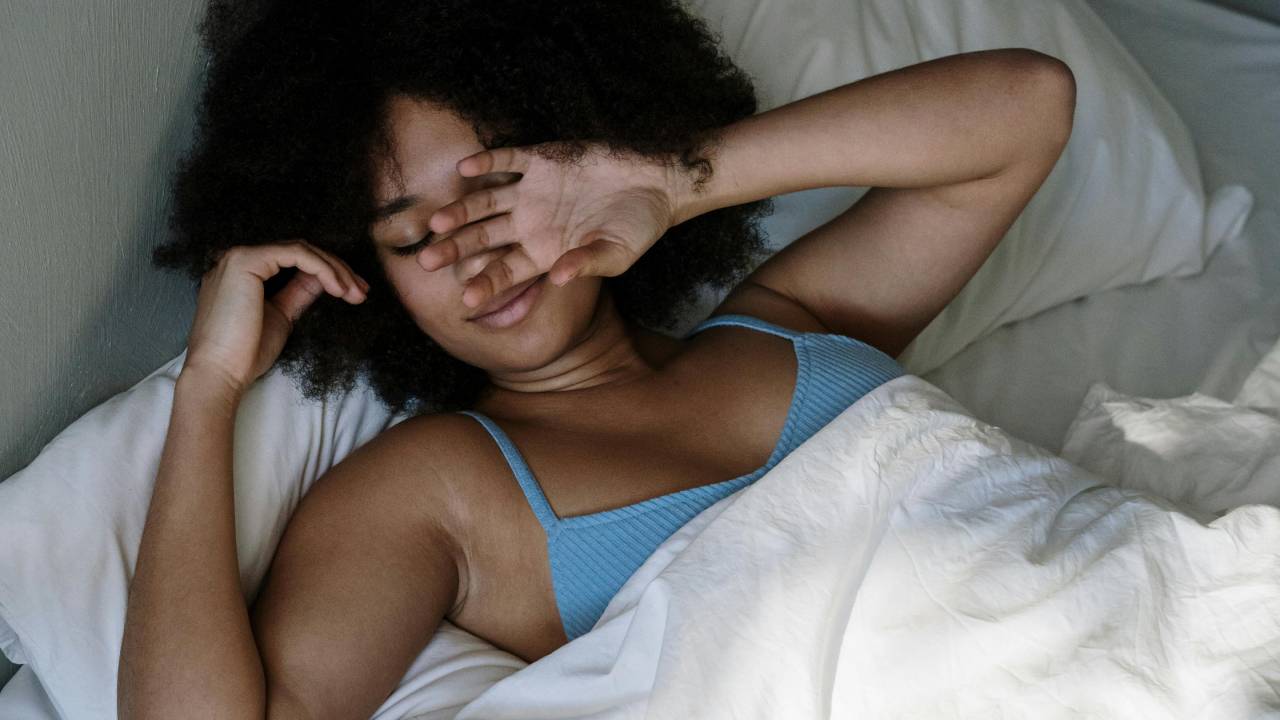

Getting a good night’s sleep is extremely important, as it helps your body and mind rest, recover and prepare for the next day. But the right sleep quality and quantity all starts with falling asleep, which some people find easy whereas others find hard.
On some nights, you might jump onto your best mattress and you’re asleep in seconds, whereas other nights, you’re left staring at the ceiling and desperately rifling through the latest TikTok sleep hacks to drift off. Surprisingly, neither of these ways to fall asleep are good for you, as it turns out falling asleep too quickly or too slowly can be a “symptom of a larger problem”, according to sleep experts at The HuffPost.
The duration it takes for each individual to fall asleep is completely unique, but if you’re falling asleep in seconds or taking up to an hour, this can lead to bigger problems. So, how long should it really take you to fall asleep?
How long should it take you to fall asleep?
The quick answer to this question is it should take you between 15 - 20 minutes to fall asleep. While it varies from person to person, this duration gives your mind and body enough time to wind down from the day and prepare to sleep through the night. However, 15 - 20 minutes is the average amount of time it should take a healthy person to fall asleep, but for those who have certain health conditions or sleep problems, it could take longer.

With this timing in mind, it’s important to look at why you might be falling asleep too fast or too slow. For the former, the answer is quite simple: you’re sleep deprived. Falling asleep too quickly is a sign that you’re not getting enough sleep and that you’re exhausted or feeling burnt out.
There are many more reasons why you might be taking longer than 20 minutes to fall asleep. For example, you might have a bad nighttime routine that isn’t working for you or you’ve had caffeine, alcohol or other stimulants too late in the day. Other reasons may include that you’re feeling stressed or you experience insomnia.
5 ways to fall asleep effectively
To help you wind down properly and fall asleep effectively, you need to stick to the rules of good sleep hygiene. Sticking to a consistent bedtime routine can help your mind and body recognise that it’s time to go to sleep and will encourage the natural process of feeling tired and relaxed.
Sign up to the T3 newsletter for smarter living straight to your inbox
Get all the latest news, reviews, deals and buying guides on gorgeous tech, home and active products from the T3 experts
Stimulants can keep you awake for longer, so avoid electronics and caffeine too close to bedtime. The blue light emitted from phones, laptops and TVs can signal to your brain that it’s time to be awake, which will make you feel alert rather than sleepy.
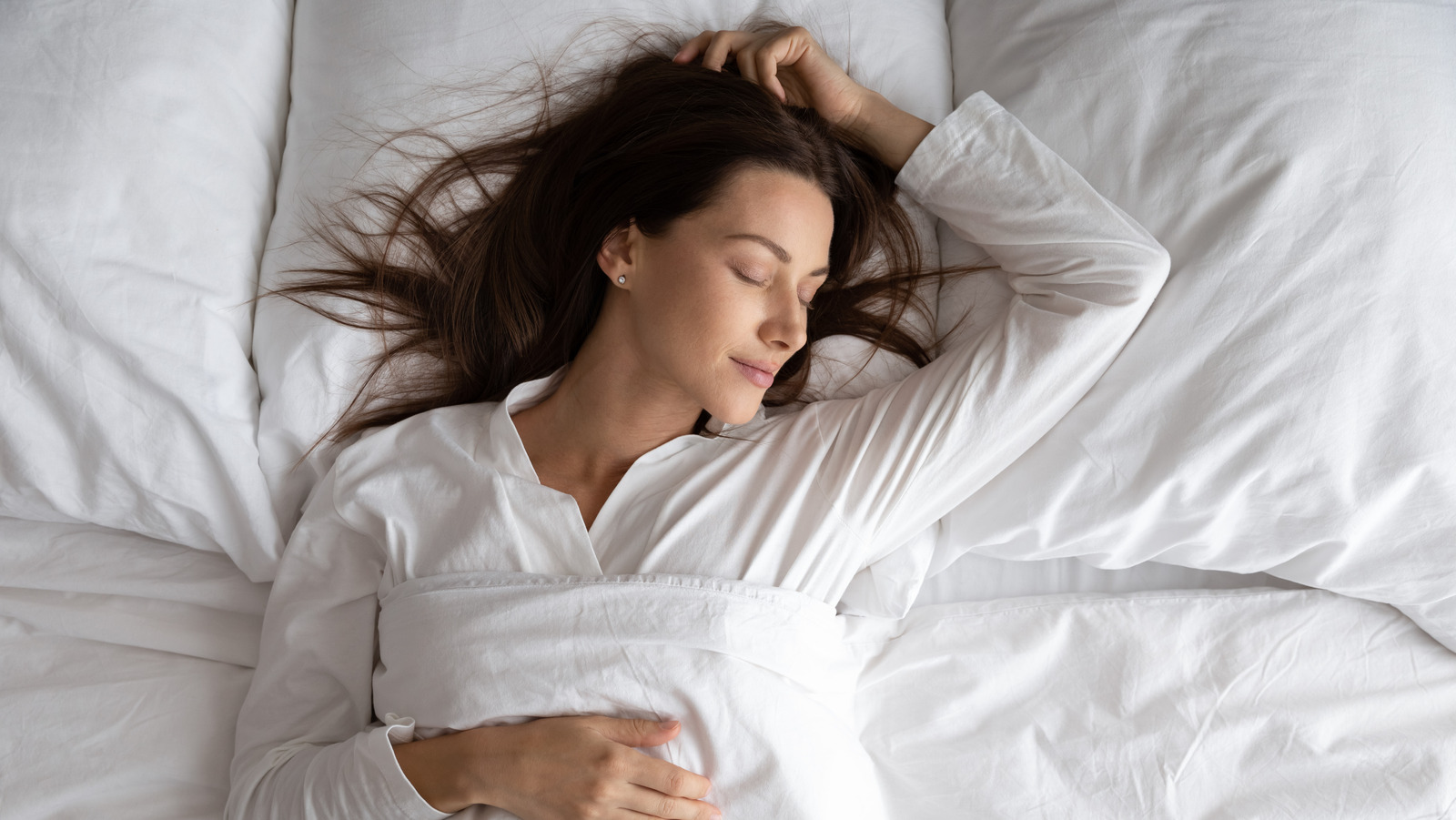
Exercising regularly has a positive effect on your sleep, as it encourages your body to recover, and it can help relieve any stress or negative emotions which might keep you awake longer. Once you enter your bedroom, it’s important to create a cosy sleep environment, with comfortable pillows and blankets, mood-setting music and calming scents.
Finally, and most importantly, if you’re taking too long to fall asleep, get out of bed. Doctors suggest that getting out of bed and moving to a different part of the house until you feel sleepy again can break the association between your bed and feelings of restlessness. Once you feel tired, head back to your bedroom.

Beth is Home Editor for T3, looking after style, living and wellness. From the comfiest mattresses to strange things you can cook in an air fryer, Beth covers sleep, yoga, smart home, coffee machines, watches, grooming tools, fragrances, gardening and much more. If it's something that goes in your house, chances are Beth knows about it and has the latest reviews and recommendations! She's also in the know about the latest deals and discount codes from top brands and retailers.
Having always been passionate about writing, she’s written for websites, newspapers and magazines on a variety of topics, from jewellery and culture, to food and telecoms. You can find her work across numerous sites, including Wedding Ideas Magazine, Health & Wellbeing, The Bristol Post, Fashion & Style Directory, TechRadar, CreativeBloq and more. In her spare time, Beth enjoys running, reading, baking and attempting craft projects that will probably end in disaster!
-
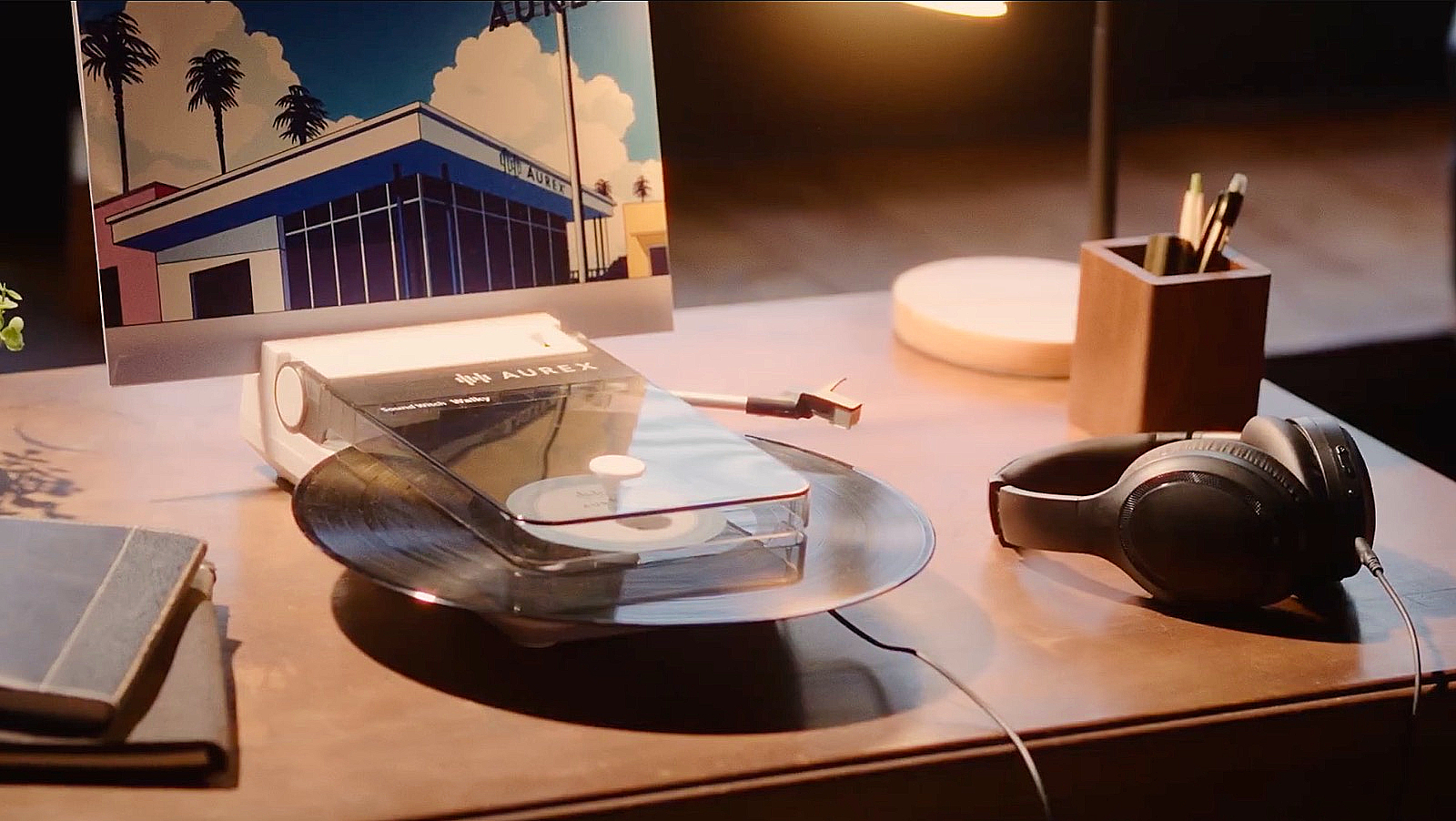 Toshiba’s portable record player is a Walkman for your vinyl
Toshiba’s portable record player is a Walkman for your vinylToshiba's tiny record player is a lot more portable than your record collection
By Carrie Marshall Published
-
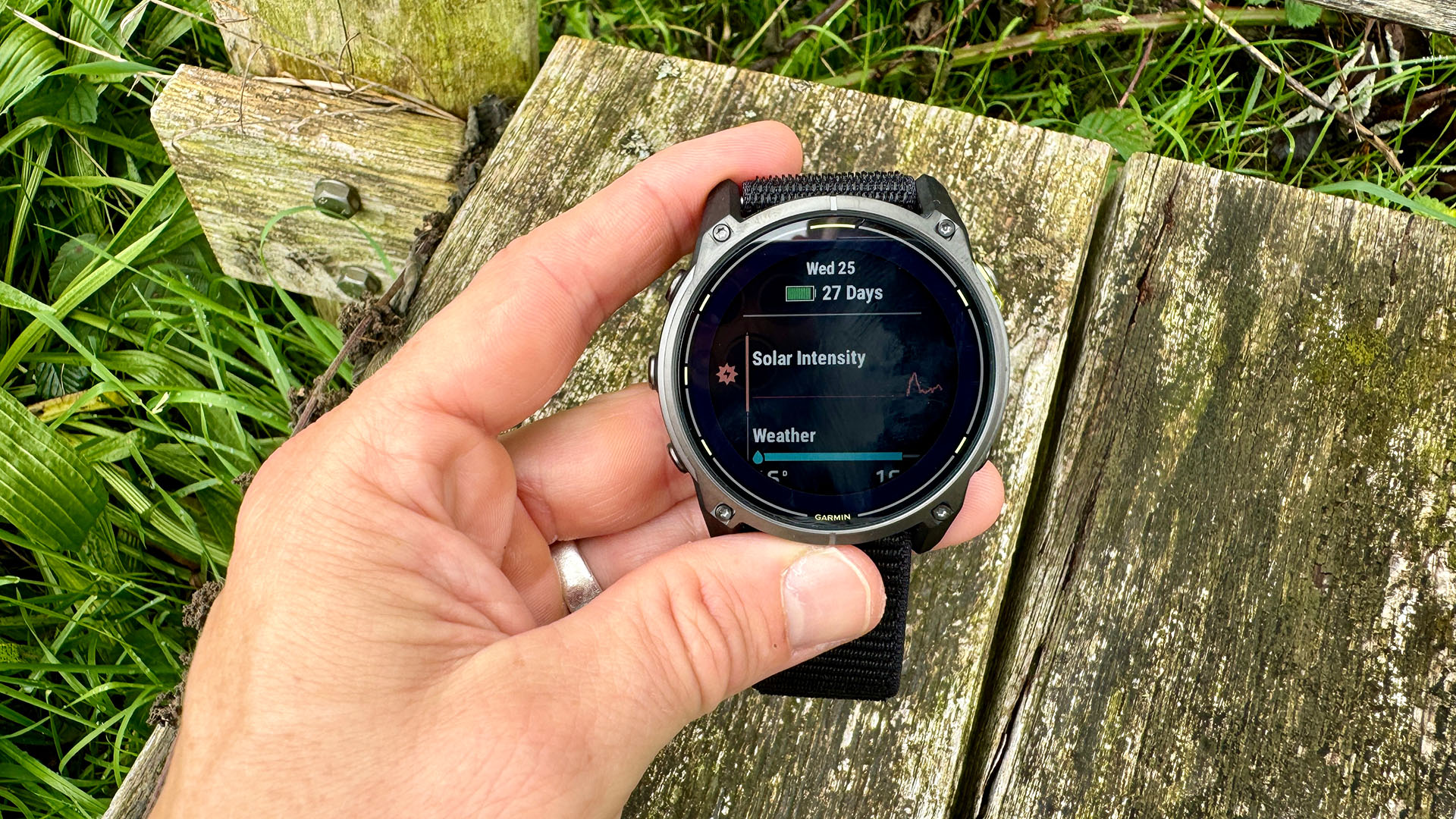 Garmin’s on a mission to update your wrist into oblivion as 100+ tweaks land on Fenix and Enduro watches
Garmin’s on a mission to update your wrist into oblivion as 100+ tweaks land on Fenix and Enduro watchesThe latest beta update looks comprehensive
By Matt Kollat Published
-
 I spent 6 weeks with the FoodMarble Aire 2: here’s what I learned about my gut health
I spent 6 weeks with the FoodMarble Aire 2: here’s what I learned about my gut healthI’ve been testing the clever breath-testing gadget with the companion app over several weeks to find out if it delivers on its promises
By Lee Bell Published
-
 Oil pulling is going viral on TikTok for stopping morning breath – but does it actually work?
Oil pulling is going viral on TikTok for stopping morning breath – but does it actually work?4 hacks that prevent morning breath, according to a sleep expert
By Bethan Girdler-Maslen Published
-
 These limited edition McLaren x Loop earplugs are what you need for Formula 1 season
These limited edition McLaren x Loop earplugs are what you need for Formula 1 seasonMcLaren teams up with Loop on limited edition noise-reducing earplugs
By Bethan Girdler-Maslen Published
-
 5 sleep supplements that help me achieve 8+ hours of rest every night
5 sleep supplements that help me achieve 8+ hours of rest every nightIt took me years to perfect my sleep routine – here are the supplements that helped
By Lizzie Wilmot Published
-
 3 reasons why you wake up at 3am every night – and how to avoid it
3 reasons why you wake up at 3am every night – and how to avoid itAlways waking up in the middle of the night? This could be why…
By Bethan Girdler-Maslen Published
-
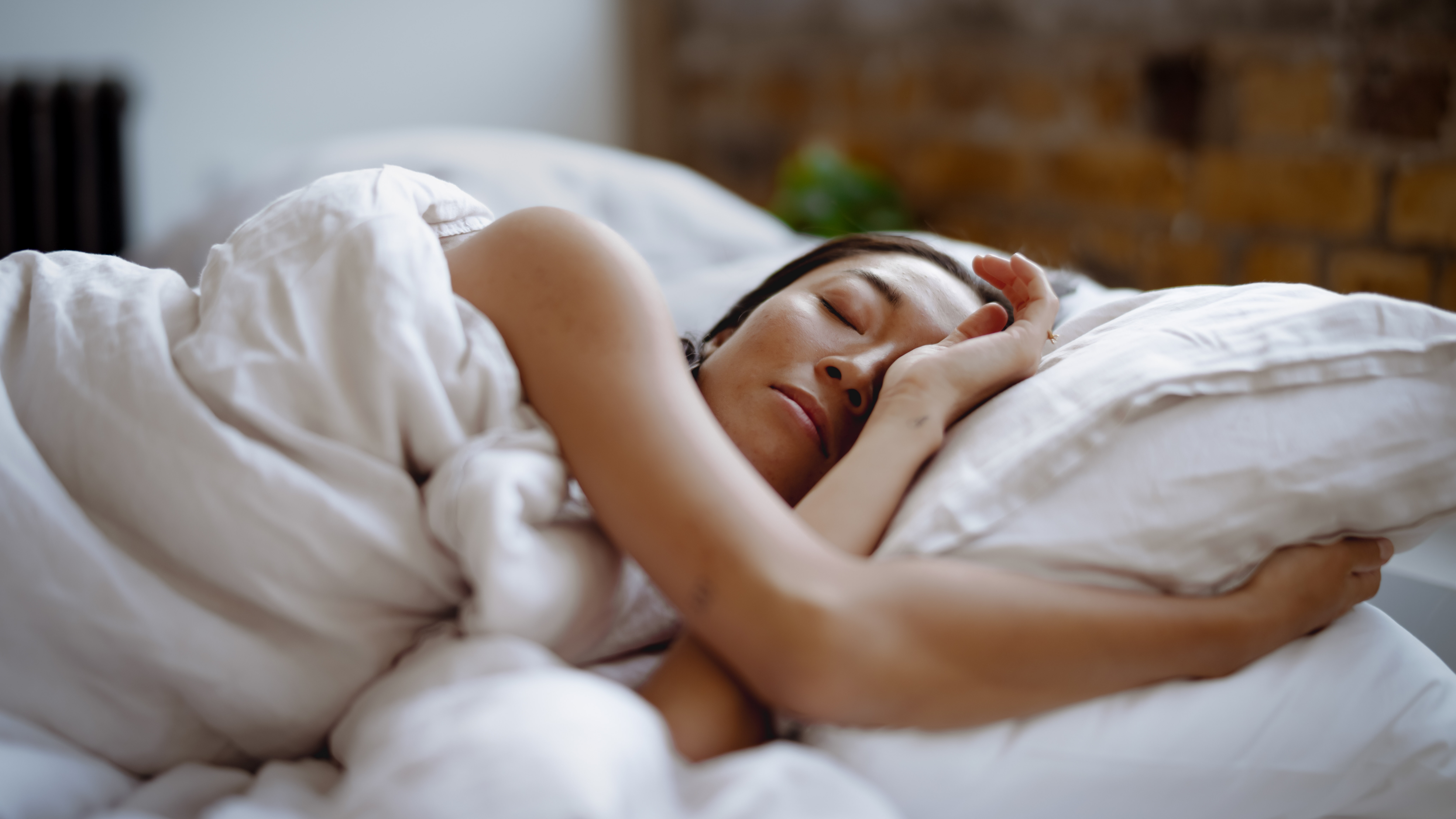 This tiny device will automatically disable your distracting apps before you sleep
This tiny device will automatically disable your distracting apps before you sleepSay hello to Kip...
By Lizzie Wilmot Last updated
-
 Therabody experts give 7 tips for perfecting your sleep routine for World Sleep Day
Therabody experts give 7 tips for perfecting your sleep routine for World Sleep DayFrom breathing exercises to sleep masks, here’s how to prioritise sleep, according to experts
By Bethan Girdler-Maslen Published
-
 Loop Dream review: super soft earplugs to help you snooze soundly, even if you’re a side sleeper
Loop Dream review: super soft earplugs to help you snooze soundly, even if you’re a side sleeperSquishy silicone and uniquely shaped ear tips take Loop’s nighttime earplugs to dreamy heights
By Joanna Ebsworth Published